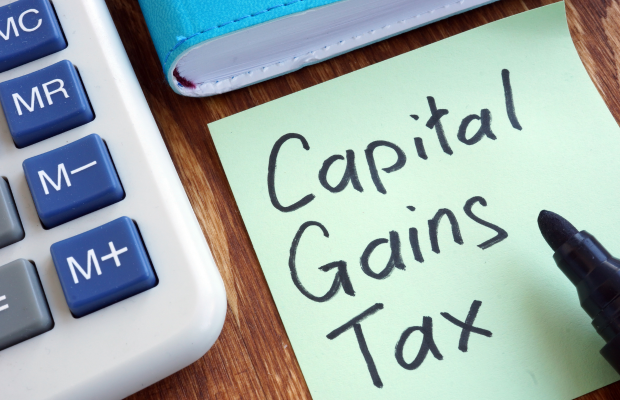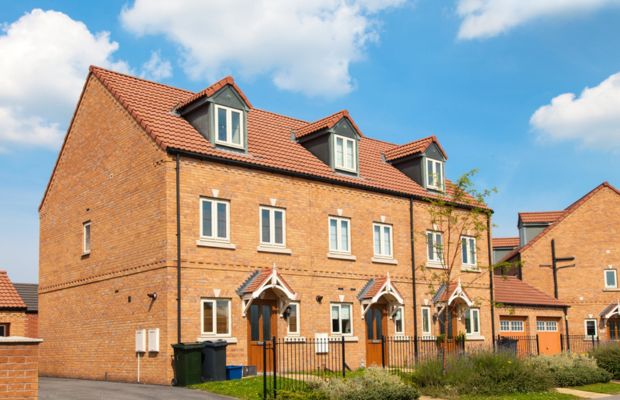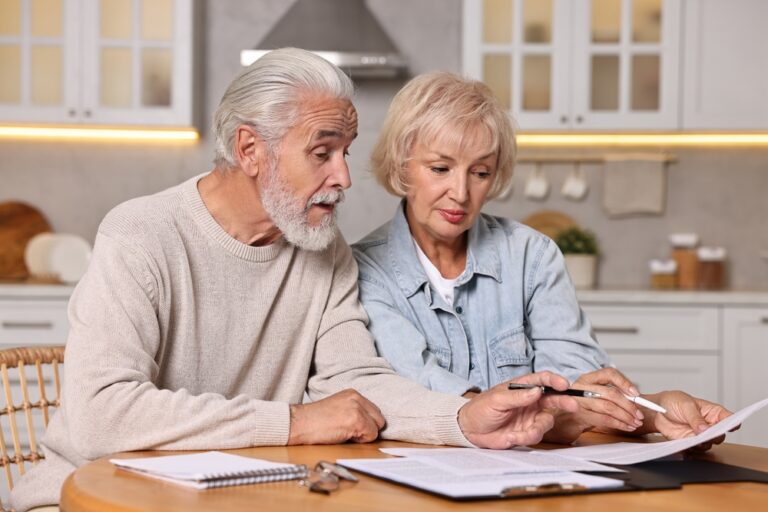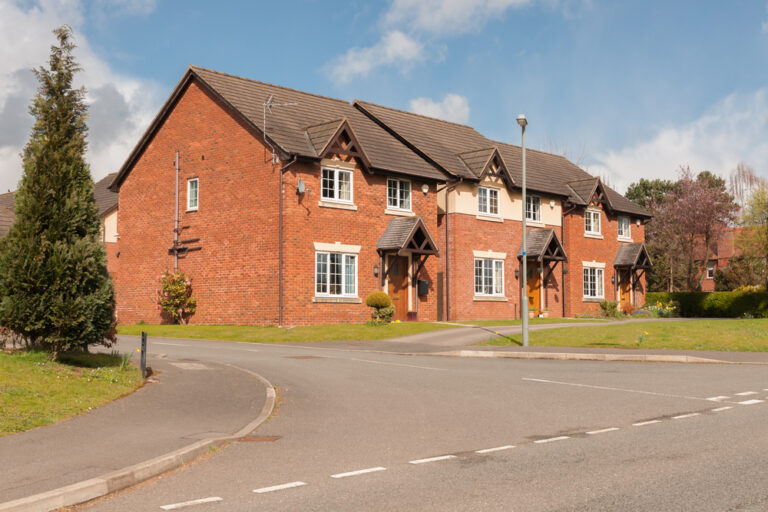Whether you have to pay Capital Gains Tax when you come to sell your home depends on many things – from the value of your property to what it is used for.
It’s crucial to consult with a tax professional or financial adviser to make an informed decision based on your circumstances and the latest tax regulations. Tax laws can be complex and subject to change, so staying up-to-date is essential.
Here’s how to find out whether you’re liable to pay Capital Gains Tax when selling a property, and if you are, how you might be able to reduce your bill.
What is Capital Gains Tax?
Capital Gains Tax is something that you pay when you make a profit on something you sell, like a property or other asset.
The taxed amount is the pure profit from the sale or, in other words, the selling price minus the original cost. For instance, if you bought a watch for £5,000 and sold it for £25,000, your gain would be £20,000, and this is the amount subject to the tax.
When do I have to pay Capital Gains Tax?
If your property has increased in value since you purchased it, it’s likely that you will pay Capital Gains Tax when you sell it as an asset.
Typically, when you sell your main home, you don’t have to pay any Capital Gains Tax due to private residence relief, but this is not always the case. This means Capital Gains Tax will usually only apply if it’s a buy-to-let property or a second home.
When might I have to pay Capital Gains Tax on my home?
Private residence relief does not cover all properties, and therefore you may need to pay Capital Gains Tax if the following applies to your home:
-
The home includes a lot of land/additional buildings (5000 square metres or more)
-
Part of the home is exclusively business premises
-
You have sublet part of the home
-
You purchased the home to make a gain
-
You have another property that could be considered your main residence
Some of these factors may be open to dispute and interpretation, so it’s important to seek advice if you have any doubts. A tax adviser will offer an unbiased view of whether your home should be exempt from Capital Gains Tax.
How much Capital Gains Tax will I pay?
It’s important to remember that Capital Gains Tax is charged on the gains rather than the sale price, so you’ll need to work out what your gains are. To do this, deduct the amount you paid for the property from the price you sold it for. If you find that your bill is higher than expected, there are ways to minimise or even eliminate it altogether.
Seven tips for reducing your Capital Gains Tax
Deduct certain buying and selling costs
Deductible costs include conveyancing fees, estate agents’ fees, stamp duty (when buying), and improvement costs.
Not allowed to deduct costs related to property upkeep or interest on a loan to buy the property.
Offset your losses
You can offset losses from selling one property against gains from selling another.
Consider joint ownership
Jointly owning a property with a spouse allows you to double your allowance.
Note the different tax bands
Basic-rate taxpayers have lower rates so consider transferring your property to a lower-rate taxpayer.
Time your sale carefully
If you have used up your Capital Gains Tax allowance for a year, consider delaying the property sale until the next tax year.
Nominate the property as your main residence
Nominating the property as your main residence can help reduce or eliminate Capital Gains Tax. However, strict rules apply, so consult with your adviser to ensure compliance.
Letting relief
If you’ve lived in your home while letting it to tenants, you may qualify for letting relief, reducing your Capital Gains Tax bill.
Frequently asked questions about Capital Gains Tax
I’m selling my second home – will I pay Capital Gains Tax?
If the HMRC decides that the property is not your main residence, you will need to pay Capital Gains Tax on any gain in value when selling.
However, this is only if the gain in value is above your allowance. You only have to pay Capital Gains Tax on your overall gains.
Related: Three major property taxes all landlords need to be aware of
I’m selling a buy-to-let property – will I pay Capital Gains Tax?
If your buy-to-let property has grown in value by more than your Capital Gains Tax allowance, you’ll have to pay tax on it when it comes to selling.
The tax is payable on the ‘gain’, which is the difference between the price paid for the rental property and the price it’s being sold for.
Related: Capital Gains Tax on buy-to-let: What you need to know
My property was inherited – will I pay Capital Gains Tax?
If your home was given to you by a spouse or a civil partner, you will not have to pay Capital Gains Tax.
If you inherit a property, the estate will have to pay off any inheritance tax, but you will not be liable to any further tax until you sell the property. When Capital Gains Tax applies in this case, the gain will be measured from the date you acquired the property.
However, if the property that you inherited was occupied by a dependent relative, then you may be exempt from paying anything, so it’s important to speak to a qualified adviser about this.




